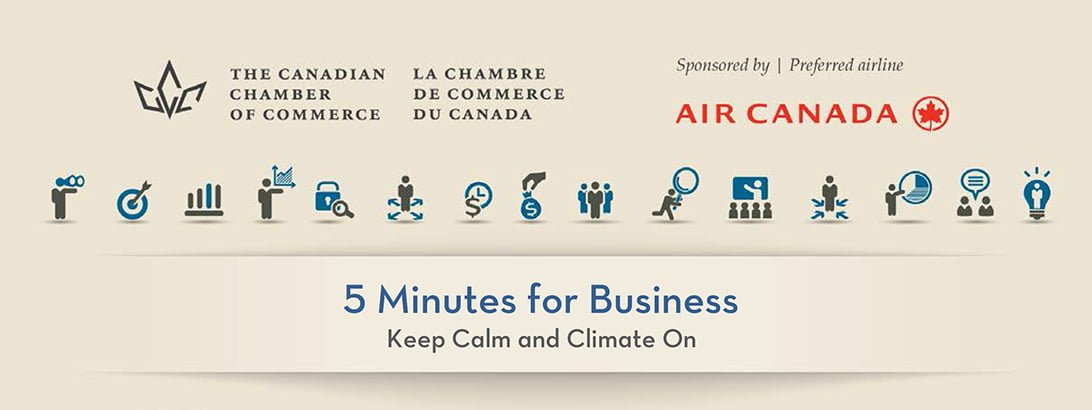The fight against climate change had what we in the biz like to call “momentum.” Countries agreed to limit rising temperatures in the UN’s 2015 Paris Agreement. Two other deals were struck to check emissions in the aviation sector and to away from HFCs—a potent greenhouse gas. The world was on a roll!
This undoubtedly pleased the Prime Minister, who champions action on climate change both at home and abroad. But political climates can change even faster than global ones and some cold winds are blowing on Canada now.
President-elect Trump will transform the U.S. from a driver of international momentum on climate to a roadblock. He will pull out of the Paris Agreement, and in the meantime will ignore commitments made under the UN’s “gentlemen’s agreement” style of lawmaking.
The U.S.’s domestic climate policy depends on regulation, much of it administered by the Environmental Protection Agency (EPA). The President-elect has stated that he will seek to weaken or remove its powers to regulate emissions from power plants, the oil and gas industry and vehicles.
So far, Prime Minister Trudeau’s response has been to keep calm and carry on, with no announcements to change direction. He will need to consider how best to react to the threats and opportunities (both exist) inherent in this American change of heart.
Canada’s oil and gas sector will benefit from the resurrection of the Keystone XL pipeline. However, if the U.S. reneges on a plan to jointly cut emissions from the industry, Canada’s competitiveness could suffer if we don’t pull back as well.
The loss of the Clean Power Plan, which would move the U.S. power grid off coal, would be a blow to Canada’s hydroelectricity producers. They were set to triple exports as demand for clean electricity grew.
The case for federal carbon pricing, the centre of the Prime Minister’s strategy, has changed less than you might think. The unexpected arrival of President- elect Trump does not change the fact the U.S. was never going to impose a carbon price.
Still, provinces accounting for 80% of Canada’s GDP are moving forward with a price on carbon. Canada needs a plan to ensure that uncoordinated policies do not erode competitiveness.
Alignment with the U.S. was Canada’s best chance to avoid any economic fallout from strong climate policies. Avoiding the worst case scenario of shifting emissions and investment out of Canada will mean keeping as close an eye on the policy climate as on the global one.
For more information, please contact:
Katrina Marsh
Director, Natural Resource and Environment Policy
613.238.4000 (223) | kmarsh@chamber.ca



